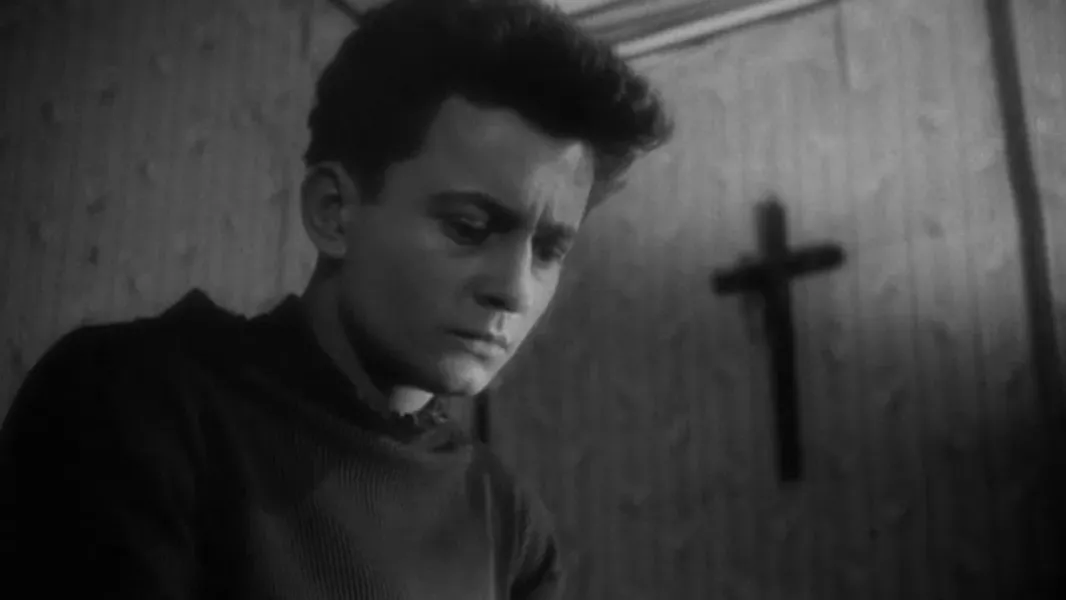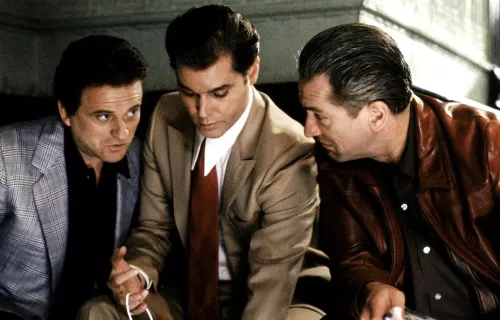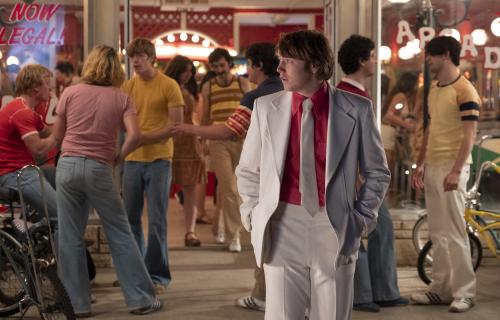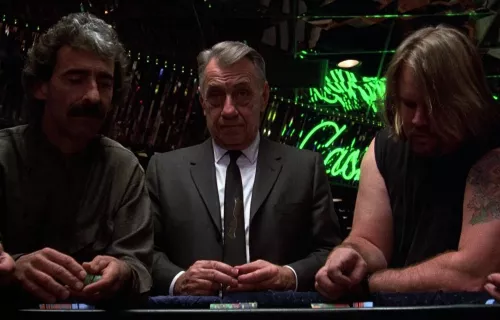
english below
Een idealistische jonge priester arriveert in Ambricourt om aan de slag te gaan als plaatselijke parochiepriester. Hij tracht een leven te leiden gespiegeld aan Christus, maar zijn acties worden verkeerd begrepen door zijn parochianen. De bewoners van het dorpje aanvaarden hem niet. Maar toch probeert de frêle en onervaren priester hen te helpen. De jonge priester vertrouwt zijn onzekerheden, geloofscrisis en gezondheidsproblemen toe aan een dagboek, maar zakt dieper en dieper weg in een depressie.
Filmcriticus André Bazin prees de film voor “its irrefutable aesthetic and as a sublime achievement of pure cinema. Bresson carried to its conclusion the initiative of Melville’s LE SILENCE DE LA MER (1949), a radically new relationship between image, diegetic speech and non-diegetic speech. Bresson’s art exemplifies the true vocation of the cinema… not the primacy of the image but the primacy of the object.”
“The superseding of analytical psychology, the extreme importance given to the verbal text and its dissonances with the picture, the entirely new evaluation of the different forms of temporality, the recognised value of empty space and absence, a certain hieratic quality in the acting, the rejection of theatrical performances and traditional dramatisation, not to mention the all too well known “distanciation”; all these constitute, even more than the thematic element, a common climate which is that of the true modern cinema”
Amédée Ayfre over Bressons werk
Film- en kunsthistoricus en docent Steven Jacobs (UAntwerpen, Universiteit Gent) geeft voor de film een lezing: ‘Transcendental Style: Robert Bresson & Carl Theodor Dreyer’. Deze lezing om 17u00 is inbegrepen in de prijs van het filmticket.
ENG
The film is in French with English subtitles
An idealist young priest arrives in Ambricourt to start work as a local country priest. He tries to live his life mirrored to Christ, but his actions are misunderstood by his parishioners. His congregation does not accept him, but still the frail and inexperienced priest tries to help them. The young priest entrusts his insecurities, crisis of faith and health problems to a diary, but slips further and further into a depression.
Film critic André Bazin praised the film for “its irrefutable aesthetic and as a sublime achievement of pure cinema. Bresson carried to its conclusion the initiative of Melville’s LE SILENCE DE LA MER (1949), a radically new relationship between image, diegetic speech and non-diegetic speech. Bresson’s art exemplifies the true vocation of the cinema… not the primacy of the image but the primacy of the object.”
“The superseding of analytical psychology, the extreme importance given to the verbal text and its dissonances with the picture, the entirely new evaluation of the different forms of temporality, the recognised value of empty space and absence, a certain hieratic quality in the acting, the rejection of theatrical performances and traditional dramatisation, not to mention the all too well known “distanciation”; all these constitute, even more than the thematic element, a common climate which is that of the true modern cinema”
Amédée Ayfre about Bresson’s work
Film and art historian and professor Steven Jacobs (University of Antwerp, University of Ghent) will give a lecture: ‘Transcendental Style: Robert Bresson & Carl Theodor Dreyer’. The lecture starts at 17h00 and is included in the film ticket price.



